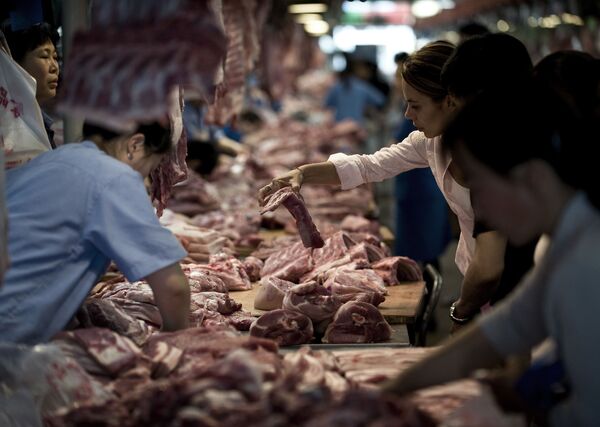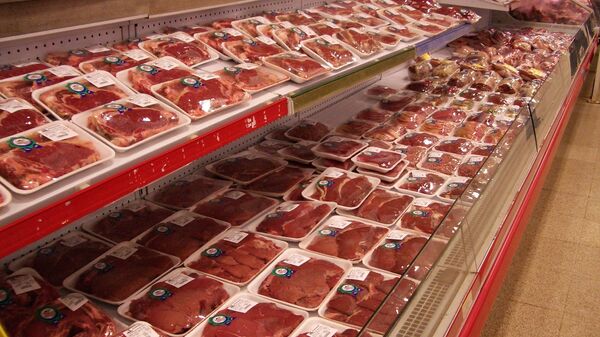Julia Fa, a professor of biodiversity and human development at Manchester Metropolitan University, spoke to us about how we can prevent future pandemics by taking care of our wildlife.
Sputnik: In what ways can we prevent future pandemics?
Professor Julia Fa: What we have said in the White Paper and very much the work that we carry out in different parts of the world, mostly in tropical and subtropical areas, is that there are ways to minimise exposure of wildlife pathogens. Essentially what we are trying to do, what we should do is, first of all, is maintain ecosystems intact or unfragmented, one of the evidences that we have is that as you modify, for example, tropical forests, the incidence of disease, the probability of disease, actually increases quite dramatically. And of course, the other thing that we need to do is to make sure that we reduce the urban demand for wild meat.
Basically, wild meat is not an essential protein item in big cities and big towns and yet, there's a lot of wild meat coming into the big cities, and indeed, coming into wet markets. You know, basically, you're creating a cauldron of infection, because you're bringing live animals, you have dead animals, you have hundreds of people in markets, and therefore, that causes the, basically the environment to be able to create a disease outbreak. So what we are saying is that let's reduce the urban demand for wild meats, because it is not essential in provincial towns and cities, and it can cause outbreaks of disease.
Of course, the other thing that's vitally important is to be able to reinforce controls on wildlife trade, because it is that wildlife trade, which is illegal, and even some parts that are legal, are not really well regulated. And of course, if it's not well regulated, then you have that flow of wild animals and wild meats from the rural areas, from the forest into the cities themselves.
And last, but not least, is the whole issue of sustainable and safe local food systems. And you know how we do that, it's much more complicated. But there are ways and means in which you can actually come up with alternatives for people who do need access to protein, for example, better sustainable ways of producing domestic meats - in some circumstances, not in all.

Sputnik: How has the wild meat trade contributed to the world's pandemics?
Professor Julia Fa: Well, we think that, as I've said before, because there is a flow of unregulated meat from the forest to the plates in urban centres, you have, you know, I keep saying the cauldron for disease in urban centres.
And I think the wild meat trade, which is very much geared towards providing wild meat to cities, is one of the greatest contributors, we think, of disease spillover; but of course, illegal wild trade, in all respects, can actually contribute to the flow of disease. Because nowadays, you know, we can move anywhere - well, we can't now because of COVID - but you know, the fact that we can move anywhere in the world very quickly and we can take animals or dead animals or meat and all that throughout the world will increase, of course, the risk for a world pandemic.
Sputnik: How can we protect animals in the future?
Professor Julia Fa: I think it's vitally important that animals are protected where they live. In other words, protected areas are fundamentally important for the conservation of biodiversity worldwide. We need to do that better and more of it. But it doesn't mean that just because we are conserving animals in their environment, we shouldn't take into account the needs of people that live in those environments.
So, therefore, indigenous peoples and local communities have rights to use the animals, in fact, that are found in the areas, not just animals, but also the plants and all that. If they do it sustainably, which in many areas they can do, you can have a good protection of animals, wildlife, as well as ensuring that people have enough to eat.
It is very, very important that we realise that just because people need to eat animals, it doesn't mean that they are not also the protectors of those animals themselves. In fact, the best conservers are the indigenous peoples, the local communities, because they need to keep that resource going.

